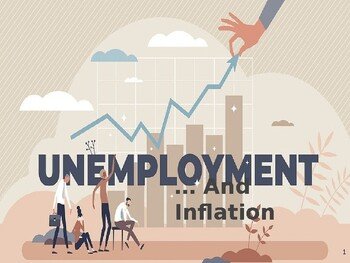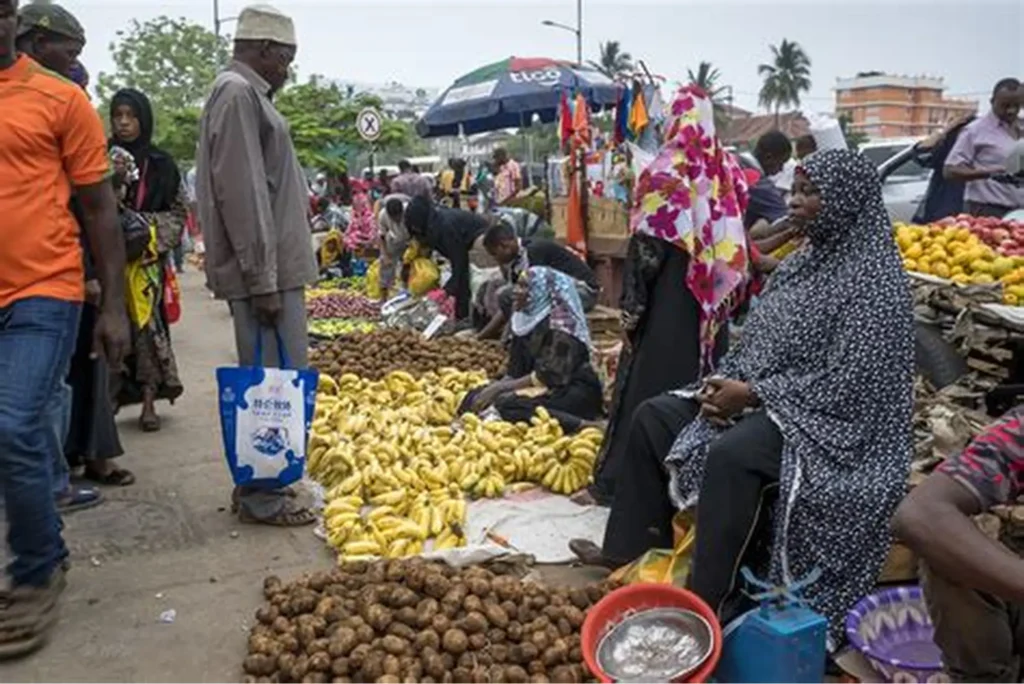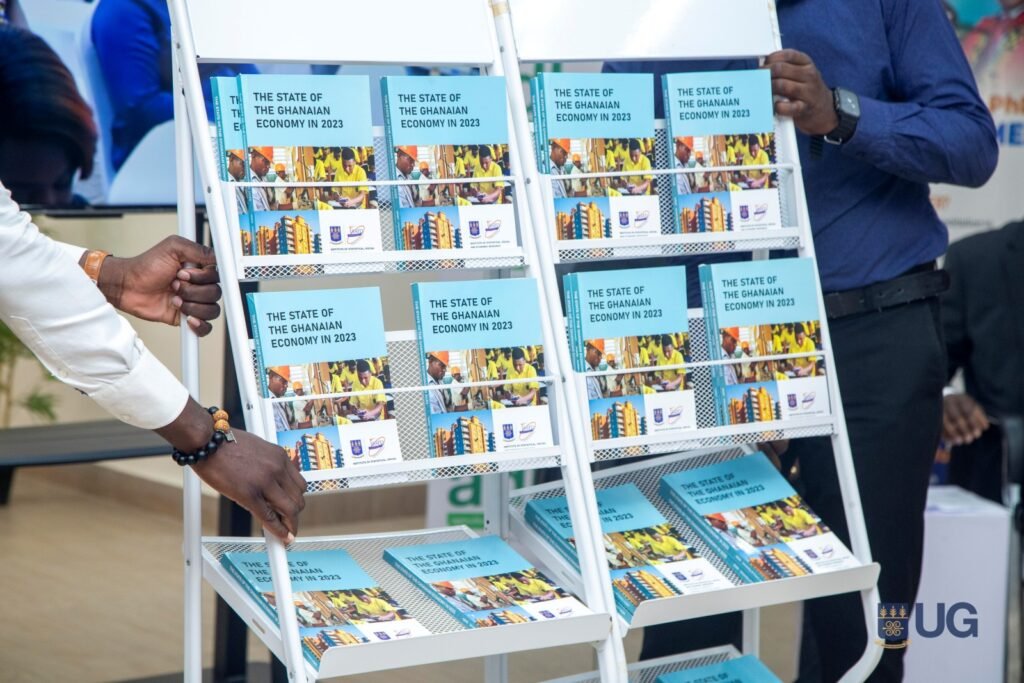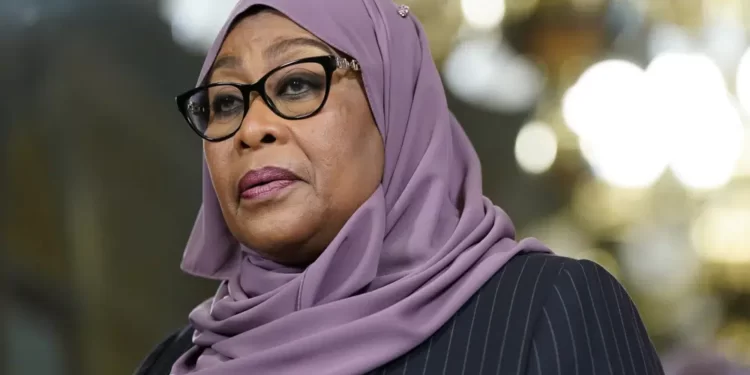Professor Peter Quartey, former Director of the Institute of Statistical, Social and Economic Research (ISSER), has gone on record to advise the government not to be overly focused on price stability pursuits alone, but to also ensure policies bring growth and employment.
At the State of the Ghanaian Economy Report (SGER) launch in Accra, he mentioned that the government should navigate carefully to achieve both price stability and sustained economic growth. Skewing to one side could affect the complete restoration of the economy that the government desires to achieve.
He further cautioned against complacency in focusing on the figures while little or no impact is felt by Ghanaians in their lives.
While efforts to reduce inflation to its barest minimum are important for macroeconomic stability, he urged that overly aggressive monetary tightening could indirectly affect job creation, business expansions, and private sector development.
“We must be careful not to pursue lower inflation at the expense of growth and employment. Policies should support price stability, but also create space for businesses to thrive and for the economy to grow sustainably.”
Prof. Peter Quartey, former Director of ISSER

Recently, the Governor of the Bank of Ghana, Dr. Jonson Asiama hinted that the Bank is expectant of a further decline in the inflation rate in the coming months. The Central Bank has put interventions in place to contain the rate of general price change in the country.
Prof. Quartey indicated that the Central Bank and the Governor have made a lot of progress in stabilizing the economy, hence they need to be applauded and encouraged. However, he felt the need for a harmonized fiscal and monetary approach by supporting the productive and manufacturing sector of the Ghanaian economy.
According to the former Director of ISSER, price stabilization policies must be accompanied by increased productivity through the expansion and support of the local manufacturing industries to be competitive at all levels of the Ghanaian economy and beyond.

He urged the government to support these price stability policies with intentional and well-coordinated investments to create more jobs for the people, one of the basic needs of Ghanaians. He stated emphatically that “a careful balance between reducing inflation and sustaining economic growth” is crucial.
“Inflation management should go hand-in-hand with measures that stimulate investment, enhance productivity, and promote job creation.”
Prof. Peter Quartey, former Director of ISSER
Job creation for the youth is one of the pillars of a successful economy. He noted that a true remarkable restored Ghanaian economy is to see the current macroeconomic gains translated into the betterment of the lives of the citizenry.
He again reminded the government of the work that lay ahead. The government needs to focus on priorities and continue to work closely with the Central Bank to fully restore the economy of Ghana.
Inflation Targeting
The Bank of Ghana adopted Inflation Targeting (IT) framework in 2007, to achieve price stability. The IT is used in the Monetary Policy Rate manipulations to guide Ghana’s inflation towards its target, which currently is 8% with a symmetric 2% band.

The IT framework is jointly set by the government and the Central Bank. The Central Bank uses inflation forecasts to coordinate forward-looking policy decisions and adjusts instruments to stay within the target range.
The announcement by the Governor of the Bank is intended to manage inflation expectations, reduce investor uncertainty, and promote transparent monetary policy. It can nevertheless create speculative bubbles and inadequate responses to economic shocks.
However, Economists, like Prof. Quartey, argue that focusing solely on achieving inflation targets without the policies being founded on an expanded economy in terms of increased productivity and employment opportunities is dangerous.

The ISSER Report
ISSER produces annually a flagship document called State of the Ghanaian Economy Report (SGER). The report receives contribution from all members of the Economic fraternity.
The publications reveal a comprehensive analysis of key economic indicators, policy developments, and sectoral performance.
This year’s report highlights Ghana’s steady progress in restoring macroeconomic stability while underscoring the challenges of sustaining inclusive growth amid global and domestic pressures.

The report offers a valuable platform for deep engagements with stakeholders. It further triggers policy and implementation discussions. It also creates a forum for experts to engage on issues.
Since its inception in 1992, the SGER has brought policymakers, researchers, and development practitioners together as data-driven accounts of Ghana are made.
READ ALSO: Franklin Cudjoe Urges Accountability in Government’s Anti-Galamsey War























